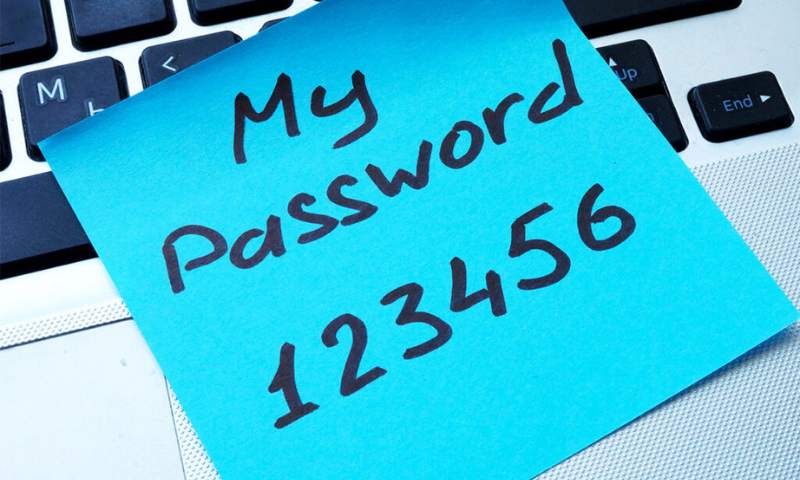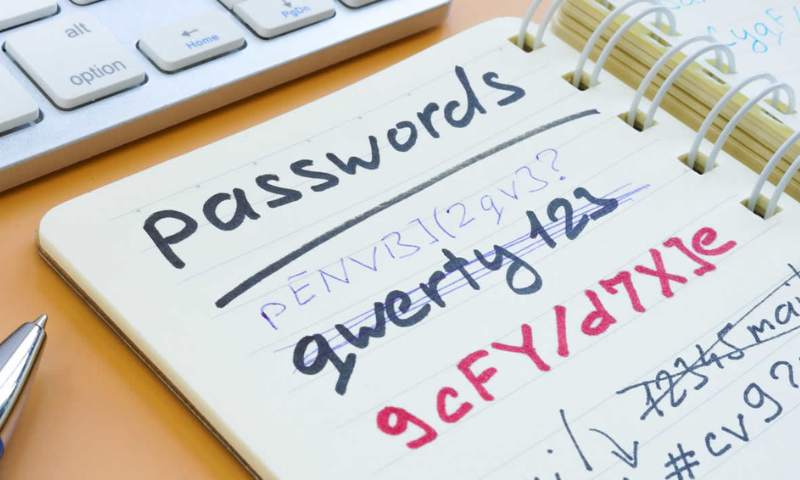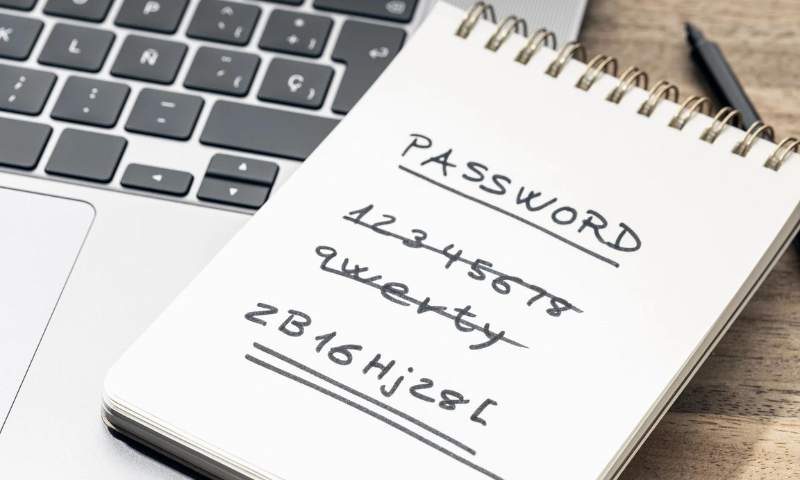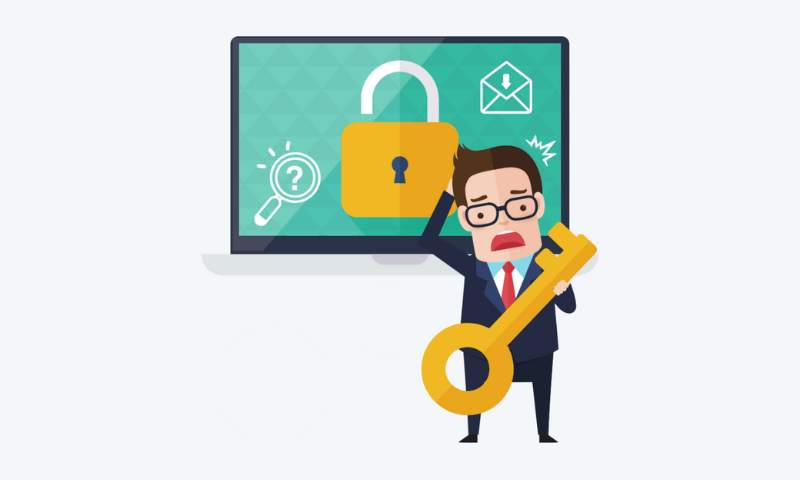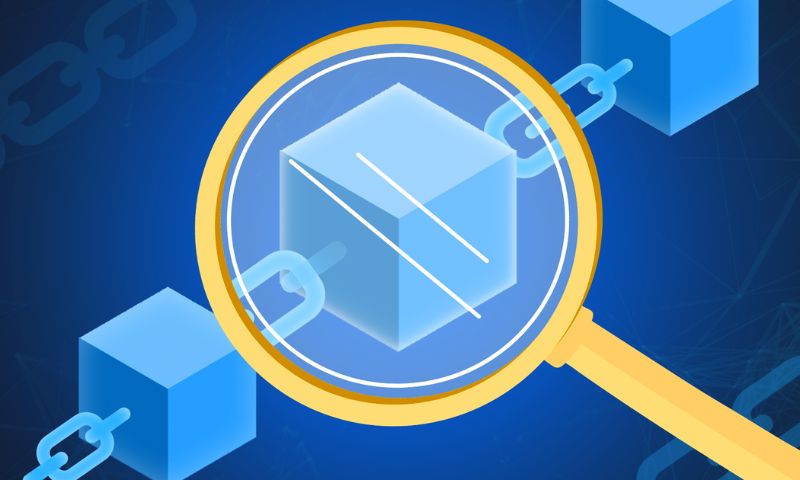Strong passwords for crypto 2024: it’s the shield you need in the dizzying digital coin realm. As your trusted guide, I know the landscape of crypto security like the back of my hand. Long gone are the days of lazy passwords like “12345” or “password” guarding your digital treasure. The hacker hordes are clever and never sleep—but neither does our vigor in crafting ironclad defenses. Tune in here as I lay out the essentials: we’ll talk quantum-proof passwords, beefed-up policies, and the must-haves in multi-layer protection. Ready your crypto fort—we start now!
The Evolution and Importance of Cryptocurrency Password Strength in 2024
Understanding Quantum-Resistant Passwords
What are quantum-resistant passwords? They’re passwords that even powerful quantum computers can’t crack. As an expert in crypto wallet security, I see quantum computing as a dangerous tool for hackers. Imagine a lock so complex, not even machines of immense power can pick it. That’s where we must aim with our cryptocurrency passwords as we head into 2024.
We need passwords that stay ahead of hackers’ tools, now more than in the past. Quantum-resistant encryption uses algorithms that quantum computers find hard to solve. It’s like a puzzle that’s always missing a piece, making it unsolvable. You should think of encryption for digital currency as a shield. The stronger it is, the safer your money.
Creating a secure passphrase for Bitcoin or any digital currency is an art. It blends creativity with science. You need a mix of letters, numbers, and symbols. But make it random. Avoid easy picks like dates or common words. Your passphrase complexity must be top-notch.
Hackers don’t rest; nor should we. Stay informed and use the latest cryptographic techniques. Every crypto owner must know this. It keeps your investment and identity safe. It gives you peace knowing your digital gold is secure.
Implementing Advanced Password Policies for Traders and Exchanges
What are advanced password policies for traders and exchanges? These policies ensure only the right people get into crypto accounts. They’re like rules for making a secret code that no one else can guess. For crypto exchanges, it’s super important. A lot of money moves there every day. We make rules that ask for strong passwords. It’s like a game where weaker passwords mean you lose. But you don’t want to lose your crypto, right?
Think of advanced password policies as your digital currency’s bodyguard. The tougher the bodyguard, the safer your crypto. Exchanges must not allow weak passwords. It’s like leaving your front door open. You wouldn’t do that. So, don’t do it with your crypto account.
Always use multifactor authentication. It’s like having a lock and an alarm on your door. If someone tries to get in, you’ll know. Use two-factor authentication methods. It’s not just a password. You might need to tap your phone or use a fingerprint. It adds more security to your account.
A password manager for traders can be a lifesaver. It helps keep all your different passwords sorted. It’s like a keychain that never loses the keys! Plus, these managers can create rock-solid passwords for you—no need for you to scratch your head.
Lastly, avoiding common password mistakes is key. Everyone makes mistakes, but you don’t want to do that with passwords. Using ‘password123’ is asking for trouble. Remember, your crypto wallet is only as secure as your weakest password. Keep this in mind, and you’re already on a safer path.
Enhancing Crypto Wallet Security with Multifactor Authentication and Encryption
Best Practices for Multifactor Authentication in Crypto Transactions
In the world of digital coins, you must keep your stash safe. You use keys to lock your home, right? Same goes for your crypto wallet. Here, we don’t just use keys; we use something called multifactor authentication (MFA). What is the best practice for MFA in transactions? Use more than one proof of who you are when you log in or make a trade. This could be a code from your phone and a password.
It’s like a combo move to protect your coins from bad guys. You need something you know, like a password or pin. Add something you have, like your phone for text codes, and even something you are, like your fingerprint. This mix makes it super hard for sneaky hackers to get in. All traders and exchanges should be tight with security. Traders need strong, unique codes no one can guess. And exchanges should force MFA at login and withdrawals.
Here’s a fact: mobile texts for MFA are okay, but apps like Authy or Google Authenticator are even better. These apps make codes that change often and only work once. It’s a big step up from just a password.
And beware! Even with MFA, you still need to watch out for phishing scams. Be smart. Don’t share your codes with anyone or slip them into fake websites.
State-of-the-Art Encryption Techniques for Digital Currency Security
Now, let’s chat about the secret sauce to keeping your digital dollars safe – encryption! What’s the state-of-the-art tech for this in 2024? It’s all about making data so mixed up that only the right person can make sense of it. It’s like writing a note in secret code that only your best friend can read.
For your crypto coins, this means turning your sensitive wallet info into a scrambled message. And it’s not just any scramble—a big, complex one that’s hard to crack. We’re talking serious math here, creating puzzles that would take super long to solve. But for you, it’s easy to unlock with your private key.
One key to max security is using stuff called quantum-resistant algorithms. These are like super locks future computers can’t pick. They come from a branch of math that even smart machines find tricky.
Besides that, always keep your software up to date. This means better guards against hacking tricks. And set up a solid passphrase for your wallet. Skip the easy stuff like “1234” or “password.” Go wild with random words, numbers, and symbols. Mix it up and make it long! The goal is a password no one’s ever thought of but you can still remember.
To seal the deal, use a password manager to juggle your passwords. They can make stout codes and keep track of them all in a vault only you can open. Plus, they’ll tell you if your password’s flimsy and needs bulking up. So, let’s gear up and guard our crypto wealth with super-strong passwords and top-tech locks—no excuses!
The Rising Role of Biometrics and Cold Storage in Altcoin Security
Integrating Biometric Security Features in Crypto Wallets
Your face, your finger, your voice—what if they were keys to your crypto wallet? Yes, that’s biometric security. It uses your unique traits to lock and unlock your digital money. Such tech makes stealing your crypto tough. Why? Because there’s only one you. It adds to password strength. It’s like having a super-guarded lock that only opens for you. Biometric security keeps your altcoins safe. It matches your biometric data with stored info. If they match, you’re in. If not, access denied.
Scanners check your fingerprint or facial features. They turn these into data. The data becomes a part of your login. It’s a strong way to protect your stash. Now, hackers can’t just guess a password. They need something they can’t get—your fingerprint or face. More traders are using this. Why? It means less risk. And we all want our investments to be safe.
Tips for Secure Passphrase Management in Cold Storage Solutions
Cold storage is like a vault for your digital coins. It’s offline, so hackers can’t reach it. To open this vault, you need a strong passphrase. Think of a long, complex sentence. Use weird words, mix letters, numbers, symbols. Make it a riddle that only you know the answer to.
Why use cold storage? It’s safe from online threats. Your coins sit tight until you need them. Once you lock your crypto away, keep your passphrase safe. Write it down, but hide it well. Use a password manager made for traders. It secures the phrase out of sight.
Don’t just use your pet’s name or birthday. Be creative, unique. The more random, the better. Use password generators for ideas. They mix up letters and symbols for you. Remember, if anyone finds your passphrase, your crypto could be gone. Guard it like treasure.
Use two-factor authentication too. It’s an extra step for safety. Get a code on your phone or email when you log in. Even if someone figures out your passphrase, they need that code too. It’s like a double door to your crypto.
Strong passphrases and cold storage go hand in hand. Together, they guard your altcoins from thieves. Keep up with the latest ways to keep your crypto safe. We live in a world where digital money is real. And so are the risks. Protect your investments with every tool you have. That’s being smart with your crypto wallet security in 2024.
Creating a Comprehensive and Secure Password Ecosystem in the Crypto Space
Deploying Password Managers and Developing Recovery Seed Storage
You know how a purse holds your cash? Think of a password manager like a digital purse for passwords—it’s key for crypto wallet security in 2024. This tool helps you keep track of all your passwords and makes sure each one is strong and unique. It’s smart to have a long, random password for each account. That way, hackers have a tough time getting in.
Here’s the deal with recovery seeds: they’re a backup key to your crypto wallet. You need a secure place to keep them, like a safe or a locked drawer. Why? If you lose access to your wallet, that recovery seed gets you back in.
So, picture this. You use a password manager to create and store complex passwords. You write down your recovery seed and keep it safe offline. Now you’ve got a sturdy wall around your crypto.
Up-to-Date Cybersecurity Advancements and Password Entropy for Crypto Investments
Cybersecurity moves fast, super fast. Today’s safe password might be easy to crack tomorrow. Stay sharp and up-to-date on the latest ways to protect your crypto. Think of it as a race. You want to be ahead, not trying to catch up.
Password entropy is all about how unpredictable a password is. More randomness means it’s tougher for bad guys to guess. It’s like hiding your house key. The trickier the spot, the safer your home.
So, for your crypto investments, mix it up. Use letters, numbers, symbols, and caps. Long passwords are good, but make sure they’re no cake walk to guess.
Here’s a little secret: quantum-resistant passwords will be big. They’re built to fight off threats from future supercomputers. This stuff might sound like a sci-fi movie, but it’s the real deal, and it’s what will keep your digital dollars safe tomorrow.
Let’s wrap our heads around the big picture. Use strong passphrases, update them, and use the newest tech to protect them. That’s how you build a secure password ecosystem. That’s how you guard your crypto like a pro.
Remember, crypto friends. Good security is no accident. It’s a choice. Your choice. Make it smart. Make it safe. Make it so nobody messes with your crypto.
In this post, we dug deep into how to keep your crypto safe in 2024. We kicked things off with the need for stronger passwords that even smart quantum computers can’t crack. I showed you how traders and exchanges must step up their game with top-notch password rules.
We then moved on to say “yes” to using more than one way to check who you are in crypto deals. Encrypting your wallet is also key. Doing these things will keep your coins safer.
Next, we talked about using your body, like your fingerprint, to lock down your altcoins, plus smart ways to handle passphrases when you’re not online. This is big for beating hackers.
Lastly, we covered how to build a bulletproof password world in crypto. Think of using a password boss and new tech to keep your recovery seeds from prying eyes. Staying ahead with the latest cyber-smarts is your best bet for protecting your investments.
Keeping your coins safe is a big deal, and it’s on you to make the right moves. Let’s stay safe out there and keep enjoying the crypto ride.
Q&A :
How can I create a strong password for my crypto assets in 2024?
Creating a strong password for your crypto assets involves using a unique combination of letters (both uppercase and lowercase), numbers, and special characters. Aim for a password that is at least 12-15 characters long and avoid common words or easily guessable information such as your name, birth date, or simple patterns. Consider using a password manager to generate and securely store complex passwords. Regularly updating your password can also add an additional layer of security.
What makes a password particularly strong for cryptocurrency accounts?
A particularly strong password for cryptocurrency accounts is one that is long, complex, and unpredictable. This includes a mix of random characters, digits, and symbols. A strong password should not contain dictionary words, easily accessible personal information, or sequences that are simple to guess. Multi-factor authentication (2FA) should be paired with a strong password to further enhance the security of your crypto accounts.
Are there any recommended tools for generating strong passwords for crypto wallets?
Yes, there are several recommended tools for generating strong passwords, including reputable password managers like LastPass, Dashlane, or 1Password. These tools can generate random, high-entropy passwords that are difficult to crack. They also securely store your passwords and can help manage them across different accounts and devices.
Why is it important to have a unique strong password for every cryptocurrency platform?
It’s important to have a unique strong password for every cryptocurrency platform to protect against the possibility of a security breach. If one platform is compromised and the same password is used across multiple platforms, all of your accounts could be at risk. Unique strong passwords ensure that the breach of one does not lead to a domino effect of unauthorized access to your other crypto assets.
How often should I change my crypto passwords to maintain a strong level of security?
Cybersecurity experts recommend changing your passwords regularly to maintain a strong level of security, typically every 90 days, or immediately if there are signs of a potential or actual breach. Be mindful not to change passwords too frequently, as this can lead to weaker password choices or difficulty in managing them without the help of a password manager. It’s also critical to update your password after any news of a data breach or security incident involving a crypto wallet or exchange you use.

